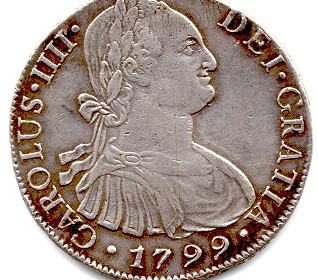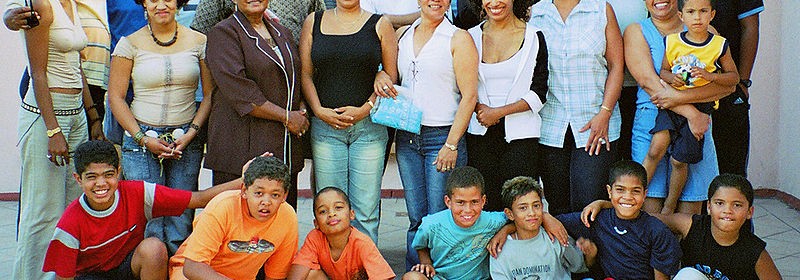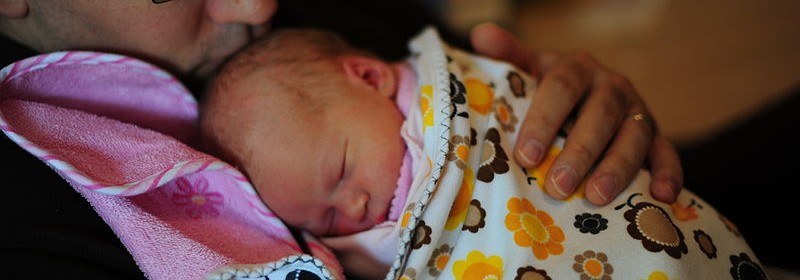Charles Dickens and the Origin of the “Porterhouse Steak”

Mark asks: Why is a porterhouse steak called that? Essentially two steaks in one, a Porterhouse steak, cut from the short loin of (typically) a steer, has a filet on one side of its T-shaped bone, and a New York Strip on the other. Presenting a massive plate of meat and often big enough for two to share, the Porterhouse […]
Read more
















